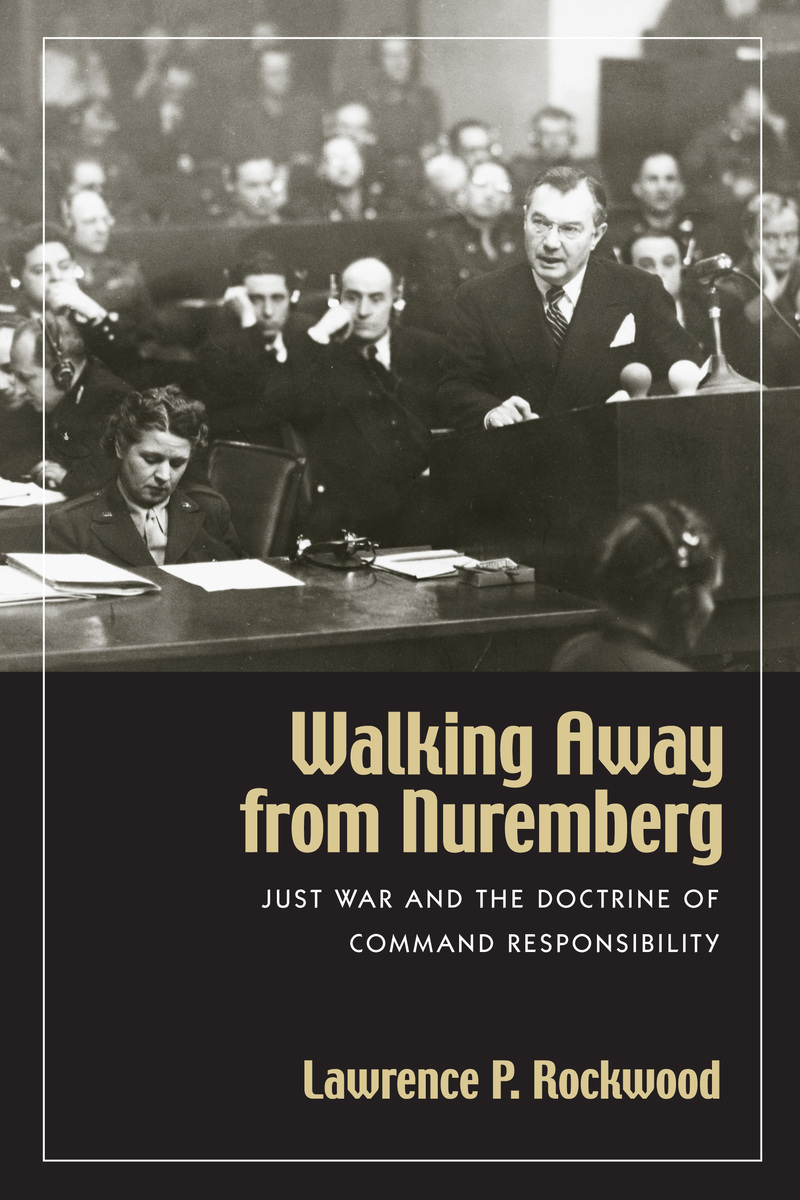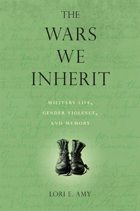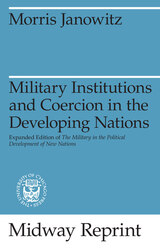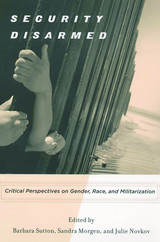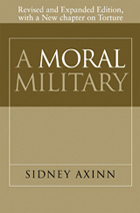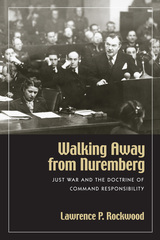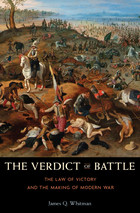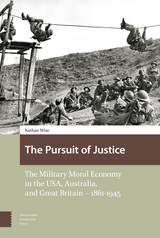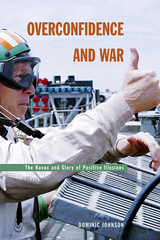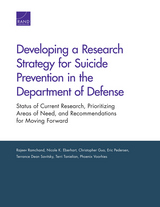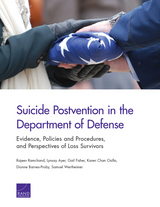Walking Away from Nuremberg: Just War and the Doctrine of Command Responsibility
University of Massachusetts Press, 2007
Paper: 978-1-55849-599-9 | eISBN: 978-1-61376-155-7
Library of Congress Classification U22.R67 2007
Dewey Decimal Classification 172.42
Paper: 978-1-55849-599-9 | eISBN: 978-1-61376-155-7
Library of Congress Classification U22.R67 2007
Dewey Decimal Classification 172.42
ABOUT THIS BOOK | AUTHOR BIOGRAPHY | REVIEWS | TOC
ABOUT THIS BOOK
In September 1994, Lawrence P. Rockwood, then a counterintelligence officer with the U.S. Army's Tenth Mountain Division, was deployed to Haiti as part of Operation Restore Democracy, the American-led mission to oust the regime of Raoul Cedras and reinstall President Jean-Bertrand Aristide. Shortly after arriving in-country, Captain Rockwood began receiving reports of human rights abuses at the local jails, including the murder of political prisoners. He appealed to his superiors for permission to take action but was repeatedly turned down. Eventually, after filing a formal complaint with an army inspector general, he set off to inspect the jails on his own. The next day, Captain Rockwood found himself on a plane headed back to the United States, where he was tried by court-martial, convicted on several counts, and discharged from military service. In this book, Rockwood places his own experience within the broader context of the American military doctrine of "command responsibility"—the set of rules that holds individual officers directly responsible for the commission of war crimes under their authority. He traces the evolution of this doctrine from the Civil War, where its principles were first articulated as the "Lieber Code," through the Nuremberg trials following World War II, where they were reaffirmed and applied, to the present. Rockwood shows how in the past half-century the United States has gradually abandoned its commitment to these standards, culminating in recent Bush administration initiatives that in effect would shield American commanders and officials from prosecution for many war crimes. The Abu Ghraib and Guantánamo prison abuse scandals, the recently disclosed illegal CIA detention centers, the unprecedented policy of tolerating acts considered as torture by both international standards and U.S. military doctrine, and the recent cover-ups of such combat-related war crimes as the Haditha massacre of November 2005, all reflect an "official anti-humanitarian" trend, Rockwood argues, that is at odds with our nation's traditions and principles.
See other books on: Command of troops | Doctrine | Just War | Just war doctrine | War crimes
See other titles from University of Massachusetts Press
